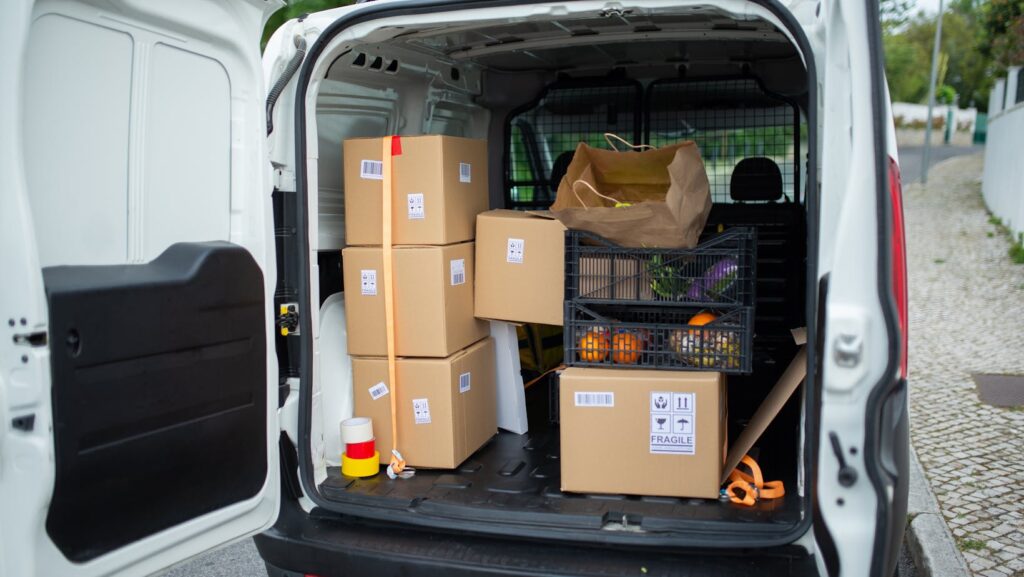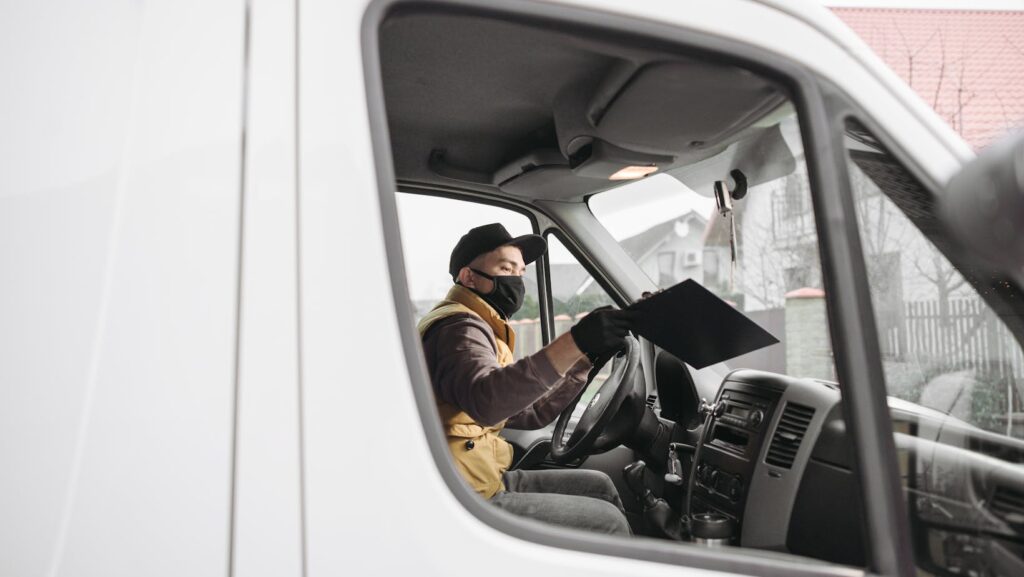In the bustling world of commerce, trucking freight/courier services often serve as the unsung heroes. They’re the critical lifeline that keeps businesses thriving, delivering goods safely and swiftly from point A to point B.
Trucking Freight/Courier Services
Diving deeper into the realm of commerce, it’s important to unmask the nuances of trucking freight courier services, briefly defined as the system that bridges the gap between producers and consumers through the reliable transportation of goods.

Breaking it down, trucking freight/courier services encompass the process of transporting goods via roadways, often over significant distances. These services make up an essential piece of the larger logistics puzzle, expertly intertwining with warehousing, order fulfillment, and distribution strategies. Moving products from point A to point B, trucking freight courier services breathe life into the inanimate aspects of supply chains and personify the power behind the clockwork efficiency in global commerce. With a fleet of vehicles differing based on capacity, weight, and size, such services cater to a multitude of industries, flexibly transporting diverse sets of goods—ranging from perishable food items and medical supplies, to heavy machinery and furniture.
Key Components of Effective Trucking Freight Operations
Types of Freight Services in Trucking

In the trucking industry, freight services get classified into several types. Full truckload (FTL) services, for instance, transport large quantities of goods, usually for a single client. Less than truckload (LTL) services accommodate smaller shipments from several clients in one truck. Expedited freight services cater to urgent deliveries, ensuring prompt arrival of goods. Freight services also cover specialized transportation such as refrigerated transportation for perishable goods like food and pharmaceuticals and flatbed trucks for carrying heavy and oversized goods.
Technology and Software in Trucking Couriers
Living in the digital age, trucking couriers have seen a significant impact from advanced technology and software. Tools like global positioning system (GPS) offer real-time tracking of goods, adding a layer of security and transparency for clients. Integrating automation into courier operations reduces human error and accelerates processes. Dispatch and fleet management software organise operations, optimizing routes, managing driver schedules and ensuring efficient use of resources. Furthermore, technologies such as electronic logging devices (ELDs) enable compliance with legal requirements and improve record-keeping. To summarize, technology cultivates efficiency, accuracy and accountability in trucking courier services.
Best Practices for Trucking Freight Courier Companies
Improving Efficiency and Reducing Costs
Profitability, in a trucking company, hinges on its operational efficiency and ability to reduce costs. Regular maintenance checks and optimization of routes can significantly enhance the efficiency of truck fleets, thereby reducing fuel consumption and increasing longevity. For instance, real-time GPS tracking allows the team to identify and avoid congested routes, subsequently decreasing fuel waste.
In addition, streamlined communication with drivers, using tools like mobile apps or on-board displays, not only accelerates speeds but also mitigates potential misunderstandings previously encountered with radio communications. Furthermore, adoption of automation and software systems, like freight management systems, fosters error-free processes, thereby driving cost reduction.
Enhancing Customer Service and Delivery Speed

The satisfaction of customers remains paramount in the trucking industry. It’s through enhanced communication and reliable, fast delivery that these freight courier companies ensure customer loyalty. Employing technology such as online platforms and mobile apps, customers receive transparent, real-time data about their shipments. For example, tracking numbers provide specific information on the exact location of the consignment.
To expedite dispatch processes, and bolster delivery speed, companies routinely employ digital freight platforms. These technologies seamlessly connect shippers with carriers, reducing lag time. Moreover, providing multiple delivery options, like FTL, LTL, or expedited services, lets customers choose the service that best suits their needs and urgency, thereby improving overall satisfaction.
Backbone of Modern Commerce
Trucking freight/courier services are indeed the backbone of commerce. They’ve come a long way from traditional methods, embracing modern technologies like GPS and automation. The industry’s focus on efficiency and cost reduction, coupled with enhanced customer service, is testament to its commitment to improvement. The adoption of online platforms and digital freight systems is further evidence of this evolution.

